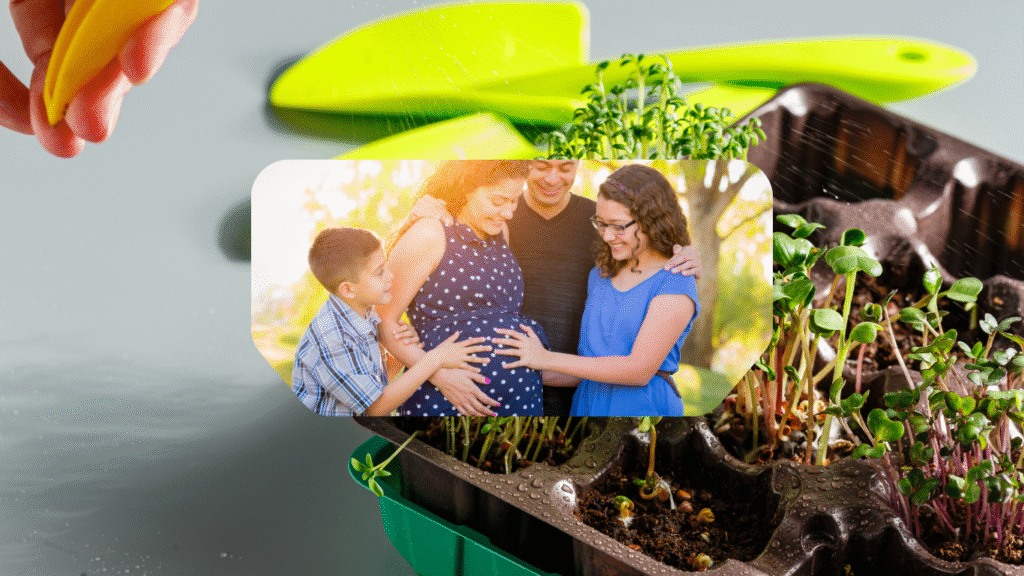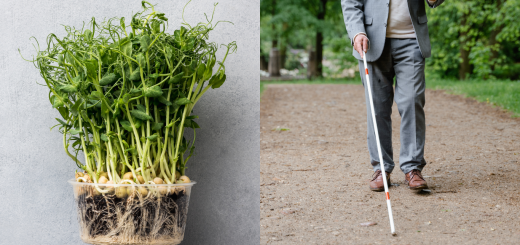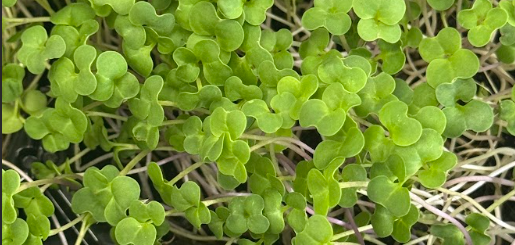Microgreens and pregnancy II

II. Recommended microgreens varieties during pregnancy
Hi everyone, how are you?
We’re back with another section where we talk about all the benefits that incorporating microgreens during pregnancy can bring. In the previous article1, we discussed the nutrients they provide, and in this one, we’ll explore the varieties of microgreens that are recommended during this stage.
We hope you enjoy it and find it useful
Let’s start by saying that choosing the right varieties of microgreens can make a significant difference in daily nutritional intake. According to specialized sources such as the Greenu Live Microgreens portal, there are certain types that stand out for their safety, nutritional value, and pleasant flavor, making them ideal options to include in the diet of a pregnant woman.
Among the most recommended microgreens varieties are:
- Broccoli: One of the most complete and safest options. It stands out for its high content of sulforaphane, a powerful antioxidant with anti inflammatory and cell protective effects. It also provides vitamin C, folic acid, and calcium, essential nutrients for fetal development and maternal health.
- Pea shoots: Mild and sweet in flavor, these are an excellent source of plant based protein, fiber, vitamin C, and folate. They help maintain energy levels and support digestion, contributing to overall well being during pregnancy.
- Sunflower: These sprouts offer a balanced combination of vitamin E, magnesium, and healthy fats that support the baby’s nervous system development and the mother’s cardiovascular health. They are also a good source of zinc and protein.
- Kale: Known for its high nutritional density, this variety is rich in calcium, vitamin K, iron, and antioxidants. It helps strengthen bones and prevent anemia, two key aspects during pregnancy.
- Radish: These microgreens provide iron, vitamin C, and sulfur compounds that stimulate circulation and improve nutrient absorption. They also add a slightly spicy touch to meals.
These options not only offer a balanced nutritional profile but also integrate easily into everyday meals, whether in salads, smoothies, pizzas, purees, or sandwiches. Here are some ideas to inspire you.2
As a general rule, it’s recommended to alternate between different varieties to obtain a wider range of nutrients and to avoid potential digestive sensitivities that may come from consuming only one type repeatedly.
In short, broccoli, pea shoots, sunflower, kale, and radish microgreens represent a practical, tasty, and highly nutritious way to enhance your diet during pregnancy, supporting both maternal health and baby development.
That’s all for now, friends. We’ll continue this section in the next article, where we’ll talk about safety measures and recommendations for consuming microgreens during pregnancy.
Chao!
Carlota
Sources
Greenu – Microgreens When Pregnant. Greenu. (2025, August 28). Microgreens When Pregnant. Retrieved from https://www.greenu.in/microgreens-when-pregnant/
Skye Mountain – Microgreens During Pregnancy: Nutrition, Safety, and Benefits. Skye Mountain. (2025, August 10). Microgreens During Pregnancy: Nutrition, Safety, and Benefits. Retrieved from https://www.skyemountain.co.uk/microgreens-during-pregnancy-nutrition-safety-benefits/







